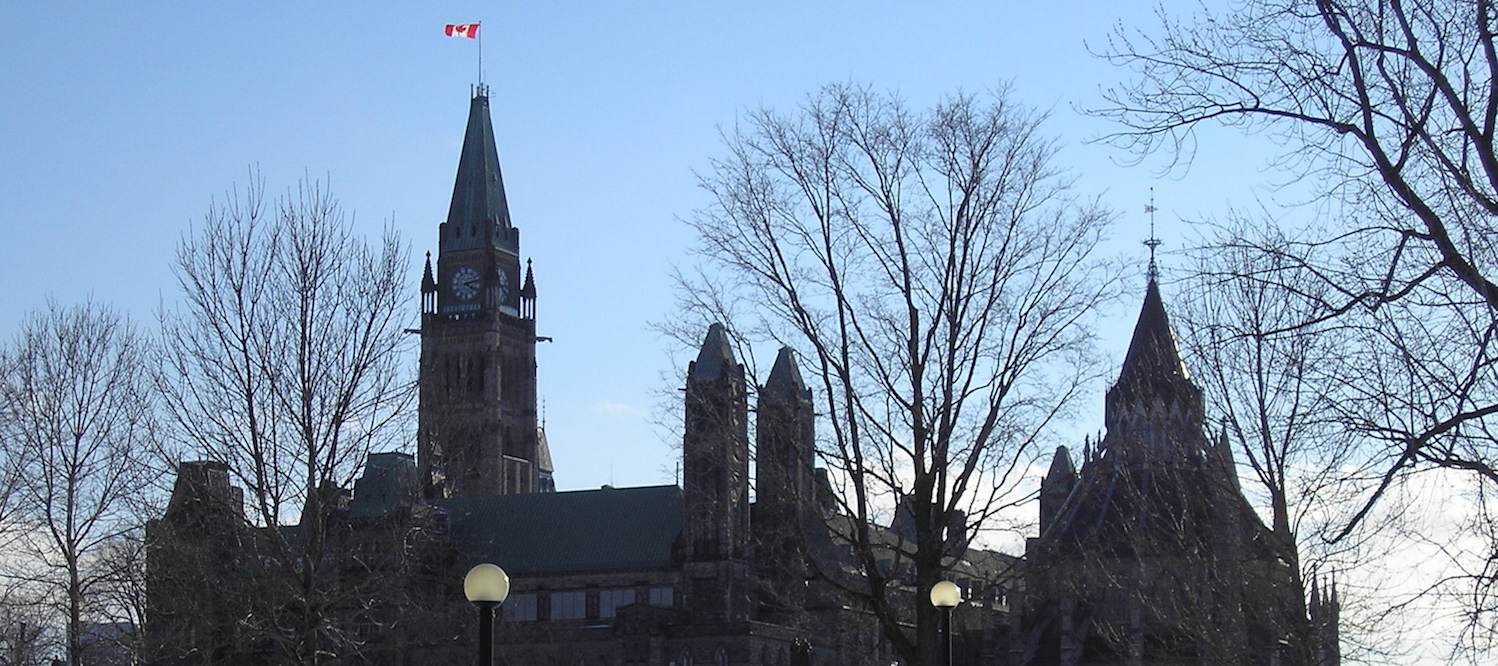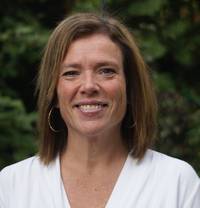
Event Details
- Tuesday, February 23, 2016
- 12-1 pm EST
- Free
- Online (live-streamed on this page)
Federal-Provincial Carbon Coordination
Live-streamed National Event
Federal and provincial ministers will be meeting 90 days or so after COP21 to discuss how best to move forward with coherent climate policies. Despite plenty of enthusiasm from the new federal government and momentum in a few provinces, the task ahead is daunting. Hard work will be required to sort through the many complex details. The Ecofiscal Commission will hold a live-stream event to dig into the challenges and solutions coordination presents. We are also exploring some of these federal-provincial coordination issues in a #FedProvCarbon blog series over the next several weeks.
Moderator

Chris Ragan
Chair, Canada's Ecofiscal CommissionMcGill University, Department of Economics
Expert Panel

PAUL BOOTHE
Ecofiscal CommissionerWestern University, Richard Ivey School of Business
Formerly
Deputy Minister, Environment CanadaDeputy Minister, Finance, Saskatchewan
Paul Boothe was appointed Professor and Director of the Lawrence National Centre for Policy and Management at the Ivey Business School, Western University in September 2012. His career has included university research and teaching, acting as an independent consultant to Canadian and international organizations, and serving at the deputy minister level in provincial and federal governments.
Dr. Boothe’s public sector career includes serving as the Deputy Minister of Finance and Secretary to Treasury Board for Saskatchewan (1999-2001), Associate Deputy Minister of Finance and G7 Deputy for Canada (2004-2005), Senior Associate Deputy Minister of Industry (2007-2010) and Deputy Minister of the Environment (2010-2012).
He was appointed to the faculty of the University of Alberta from 1984 to 2007. He has authored more than 70 publications in the areas of macroeconomics, international finance, debt management and public finance. An internationally recognized scholar, he was promoted to full professor in 1991. He founded the Institute for Public Economics in 1997. As an independent consultant, he has worked with Canadian and international clients in the areas of monetary and fiscal policy, and public sector management.
Dr. Boothe was trained in economics at Western (Hons BA) and UBC (PhD).

STEWART ELGIE
Ecofiscal CommissionerUniversity of Ottawa, Institute for the Environment
Chair, Sustainable Prosperity
Stewart Elgie is a professor of law and economics at the University of Ottawa, and director of the University’s interdisciplinary Environment Institute. He received his Masters of Law from Harvard, and his doctorate (J.S.D.) from Yale (thesis on forest carbon markets). He is also the founder and chair of Sustainable Prosperity, Canada’s major green economy think tank and policy-research network. His research involves many aspects of environmental and economic sustainability, with a particular focus in recent years on market-based approaches.
Elgie started his career as an environmental lawyer in Alaska, litigating over the Valdez oil spill. He returned to Canada and founded Ecojustice, now Canada’s largest non-profit environmental law organization. He was later hired by Pew Trusts as founding executive director of the multi-stakeholder Canadian Boreal Initiative. Prior to his faculty position at University of Ottawa (2004), Elgie held appoints (part-time) at several Canadian universities (U.B.C., Alberta, York). He has served on or chaired many advisory bodies in the environment/sustainability area.
In 2001, Elgie was awarded the Law Society of Upper Canada medal for exceptional lifetime contributions to law as the youngest man ever to receive the profession’s highest honour.

Kathryn Harrison
Professor of Political Science, UBCDr. Harrison pursues two strands of research. The first employs comparative analysis to understand why governments adopt the policies they do. The second evaluates the efficacy of alternative policy instruments. Although Dr. Harrison’s research focuses primarily on environmental policy, she is also interested in comparisons across other policy areas, and welcomes the opportunity to work with students with other substantive policy interests.
Dr. Harrison is the author of the book Passing the Buck: Federalism and Canadian Environmental Policy and co-author (with George Hoberg) of Risk, Science, and Politics. In addition, she has edited three volumes, the most recent of which is Global Commons, Domestic Decisions: The Comparative Politics of Climate Change (MIT Press, 2010), co-edited with Lisa McIntosh Sundstrom. She has published over 50 journal articles and chapters in edited volumes.
Dr. Harrison’s awards include Fulbright Fellowships in 1999-200 and 2006-7, a Gilbert White Fellowship at Resources for the Future, the UBC Killam Research Fellowship, the KD Srivastava Prize from UBC Press, the John Vandercamp prize for the best article in Canadian Public Policy, the JCPA-APPAM prize for the best comparative paper at the APPAM annual meeting, and the Edward Clarence Dyason Fellowship at Melbourne University.
From 2008 to 2011, Dr. Harrison served as Associate Dean, Strategy and Communications, in the Faculty of Arts. Her diverse portfolio included responsibility for interdisciplinary programs, IT, implementation of online teaching evaluations, communications, collective bargaining, departmental reviews, international students, distance education, and community service programs.
She is a member of the publications board of UBC Press and has served on the editorial boards of Canadian Public Policy, the Canadian Journal of Political Science, the Journal of Comparative Policy Analysis, and Regulation and Governance.

Jennifer Winter
Associate Director, Energy and Environmental PolicyThe School of Public Policy, University of Calgary
Jennifer is one of The School’s most prolific authors. She has authored several School of Public Policy research papers, including three examining Canadian energy literacy, two on the safe transportation of crude oil, and a paper on the idea of “green jobs.” Other projects she is currently working on are an analysis of Alberta’s emissions-reduction policies, and the role of internal trade barriers in diminishing productivity.
Jennifer is actively engaged in increasing public understanding of energy and environmental issues, and was recognized for this with a 2014 Young Women in Energy Award. Prior to joining The School of Public Policy, Jennifer worked at Human Resources and Skills Development Canada, researching Canadian labour markets. Dr. Winter also serves on the Future Leaders Board of Directors of the World Petroleum Council Canada.”
